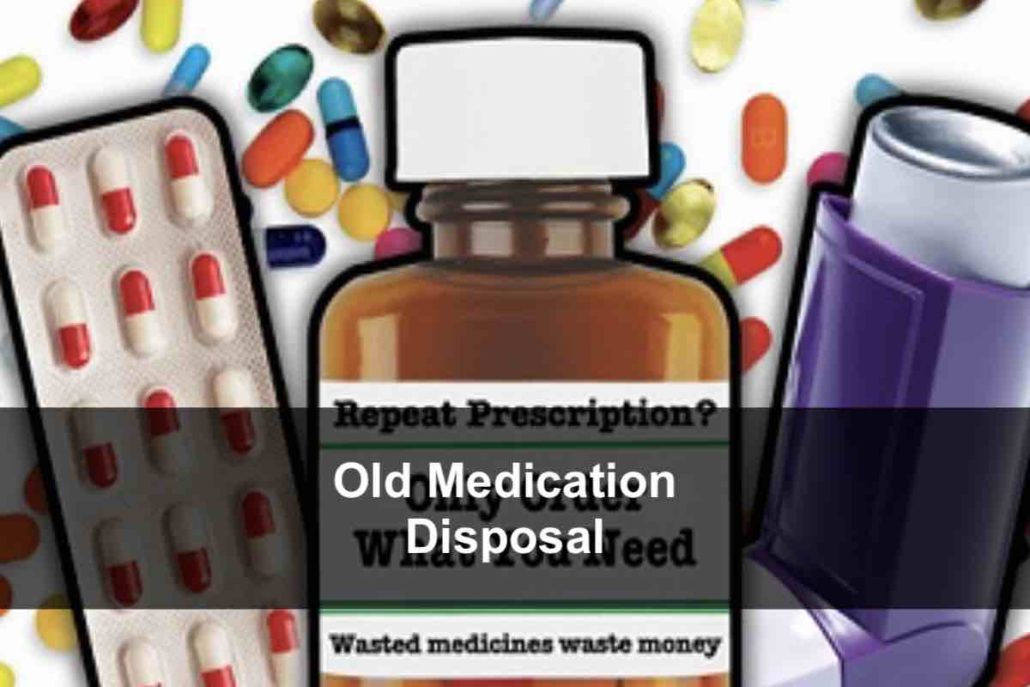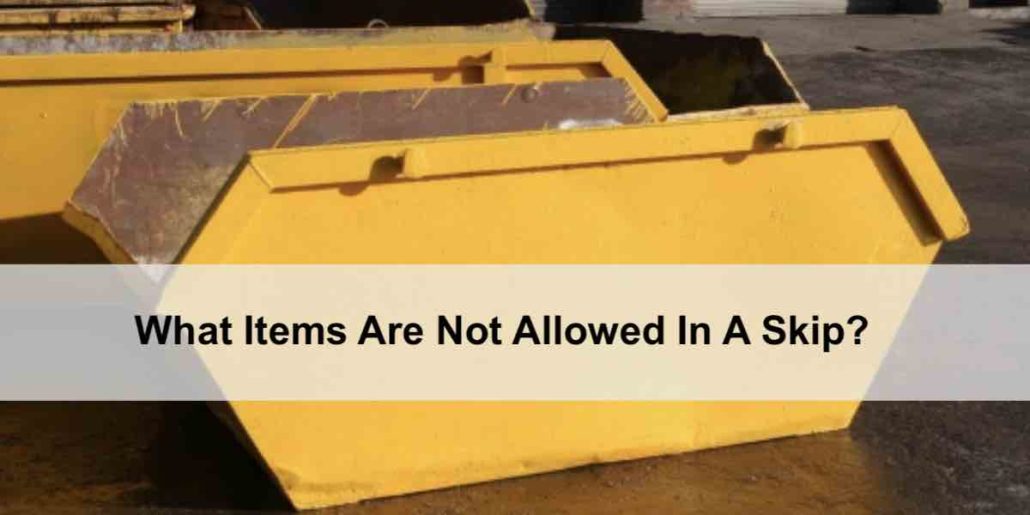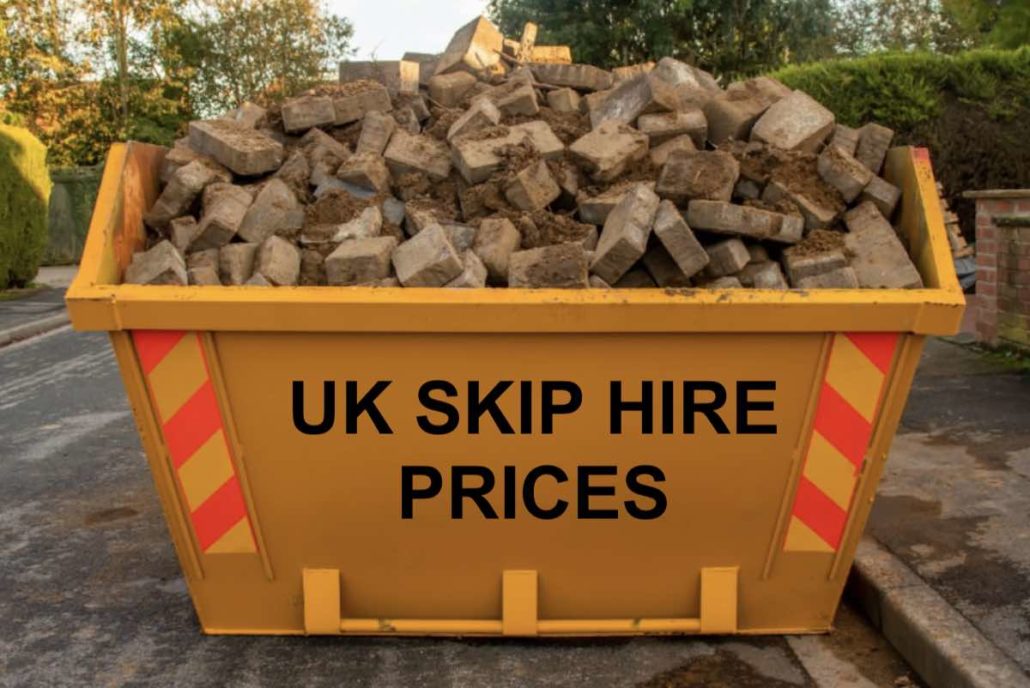Medication waste is one of the most significant problems in the UK. According to the National Health Service (NHS), individuals and health care institutions waste more than 300 million pounds of prescribed medications every year in the UK.
The NHS reports that patients stock over 90 million worth of unused medications, including pills, drugs, syrups, etc., in their homes, leading to a significant disposal problem. In today’s article, we will discuss the proper disposal of medication. Read on!
Return the Medication to Pharmacy
The UK health department has instructed all pharmacies to accept expired and unwanted medicines for disposal purposes. Therefore, you must return the medication to your local pharmacy. Most UK pharmacies accept tablets, capsules, diabetic pens, inhalers, powders, ointments, creams, cytotoxic drugs, ampules, and syrups.
Bear in mind that not all UK pharmacies accept sharp bins, meaning you must contact your local pharmacy for inquiries about sharps and controlled drugs. Some pharmacies may require your name and address before you return sharp bins or controlled drugs.
UK pharmacies do not accept oils, solvents, paints, veterinary medicines, chemicals, batteries, pesticides, and other items for disposal. If you want to dispose of old inhalers, contact your local pharmacy to check if they accept these products. Some pharmacies have employed inhaler recycling programs, promoting eco-friendly practices and reducing greenhouse gases or waste.
Contact Your Local Council
Most UK pharmacies do not accept sharps bins and controlled drugs. For instance, if you have diabetic needles, you can’t dispose of them in a local pharmacy. Thanks to the new laws and regulations, local councils are responsible for sharps bins and controlled drug disposal.
Most local councils in the UK collect sharps bins from GP surgeries/pharmacies or patients’ homes. We recommend contacting the local council’s staff to get more information. You can also get details by performing online research or looking into the council’s website.
Important Considerations
According to the NHS, one must not flush unused or expired medication or pour them down the drain. Bear in mind that medicines contain chemicals that can contaminate the water supply and harm the environment. The residues can pollute water supplies when you flush them down the sink or toilet.
On the other hand, you must dispose of certain medicines to decrease the risk or potential harm. Check the medicine label to see if you can flush it down the toilet. Narcotics and opioids prescribed for discomfort and pain must be disposed of immediately, meaning you can flush them down the toilet or sink.
If you don’t have a local pharmacy that accepts unused or expired medications, you can throw them out with your regular household trash. However, make sure you place them in the container with other garbage, such as used coffee grounds and kitty litter. Make sure you avoid crushing the pills and capsules.
Final Words
Proper disposal of medication can prevent harmful effects on the ecosystem. The best way to dispose of unused or expired drugs is to take them to your local pharmacy. If your local pharmacy does not accept certain medications, throw them in a garbage can with other unpleasant trash, such as kitty litter. Your local council will pick the garbage and dispose of it. Until Next Time!



